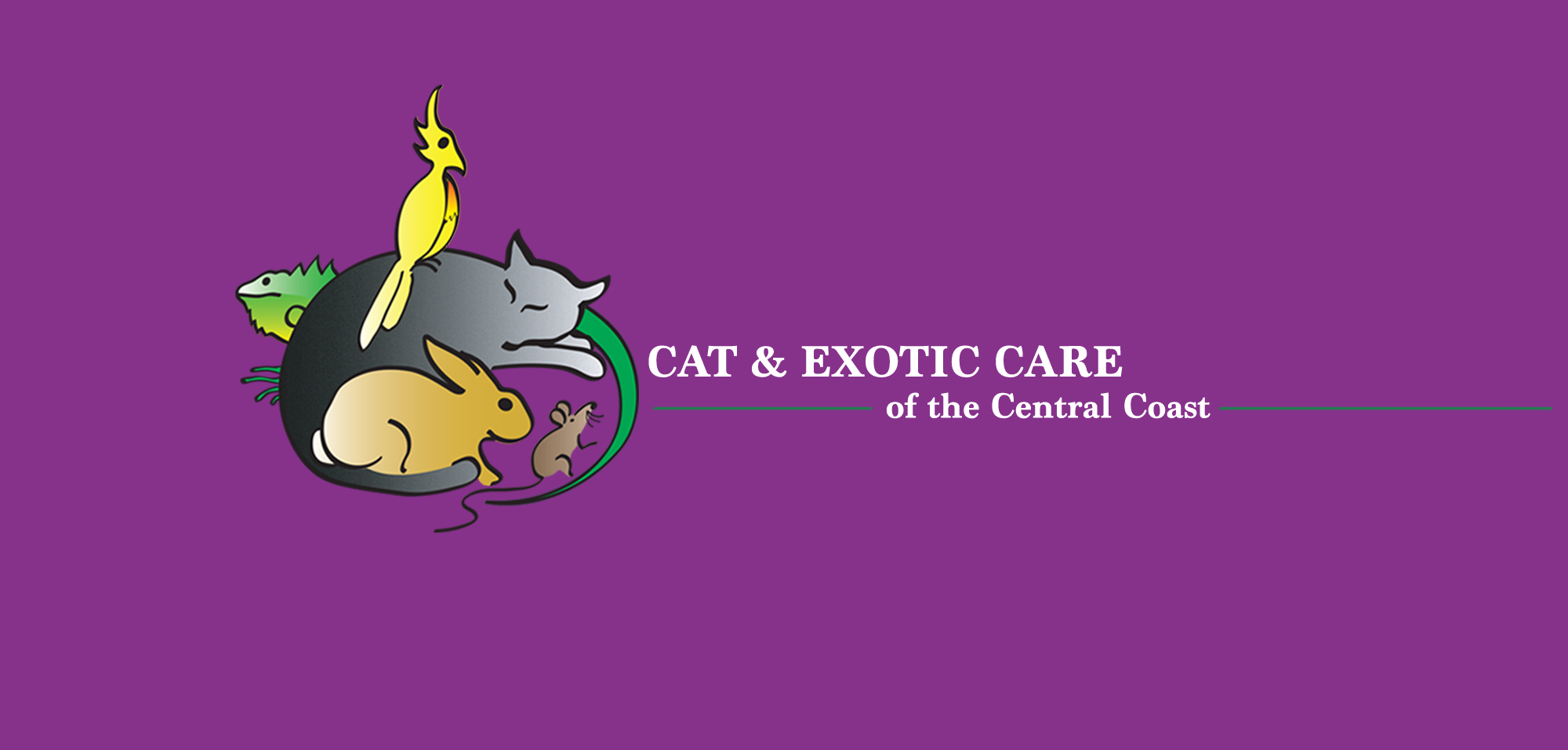QUESTION:
My vet suggested I have my cat’s teeth cleaned. They don’t look too dirty to me. Is this really necessary? Can I do anything about this on my own?
ANSWER:
The conventional wisdom on pet dentistry is changing. Over the past several decades, veterinary medicine has progressed not only to treat the sick and injured, but to take a proactive role in disease prevention and pet wellness. This is particularly true for dentistry, which was traditionally overlooked or dismissed as unimportant. We now know that keeping a pet’s teeth clean and healthy not only improves its quality of life by reducing pain and infection, but can actually prevent certain infections from occurring other places in the body.
How do dirty teeth cause infections in other areas of the body? After a meal, bacteria form plaque and stick to the tooth surfaces. Over time, this soft plaque accumulation hardens in layers and becomes dental tarter. Once tarter is formed it is impossible to brush or wipe it off. Eventually, the tarter builds up between the tooth and socket and causes gum recession, gingivitis, cavities and tooth loosening. The bacteria in the inflamed gums can gain entrance to the blood stream and, from there, can reach other parts of the body.
The best practice is to get your pet’s teeth cleaned early on (while the tarter accumulation and gingivitis are minimal) and follow up with routinely scheduled cleanings based on twice a year professional dental exams. In some pets the need for professional cleanings can be as often as every 6 months, in others it may be every several years. The veterinary dental exams will help you decide where your pet falls in this range. If you take this proactive approach, it will take less time for your veterinarian to accomplish the cleaning (less time usually means lower cost). Routine cleanings also reduce your pet’s risk that serious dental problems will arise. On the other hand, if you wait until the teeth are really in bad shape, there is a much greater chance of tooth integrity loss, the need for extraction(s) and other time consuming and costly work and, of course, a longer procedure (which means more anesthesia time and therefore more risks). So, get your pet’s teeth cleaned early on in order to preserve that happy smile and keep your pet comfortable and healthy. And let’s not forget the added benefit of minimizing bad doggy or kitty breath!
After your vet performs the cleaning, fluoride treatment and polishing, there are a lot of good tools to help you keep the teeth clean and healthy for as long as possible. These include toothbrush kits, enzyme impregnated dental chews, dental rinses, and tarter control foods.
Many clinics, including my own, offer discounted dentistry in the month of February in recognition of “Pet Dental Month.”
If you have a veterinary question that you would like to propose for an upcoming edition, please send it to email@catandexoticcare.com with “ask the vet” in the subject line.
Max Conn, DVM is the owner of Cat & Exotic Care of the CentralCoast, a full service veterinary hospital dedicated to the special needs of cats, birds, reptiles and small mammals. Cat & Exotic Care is located in PismoCoastPlaza, 565 Five Cities Drive, 805-773-0228. More information can be found at www.catandexoticcare.com.
Disclaimer: The informational handouts and website links above are for informational purposes only, they are not intended to replace veterinary care.
